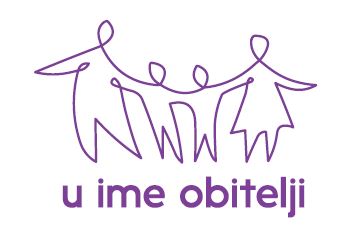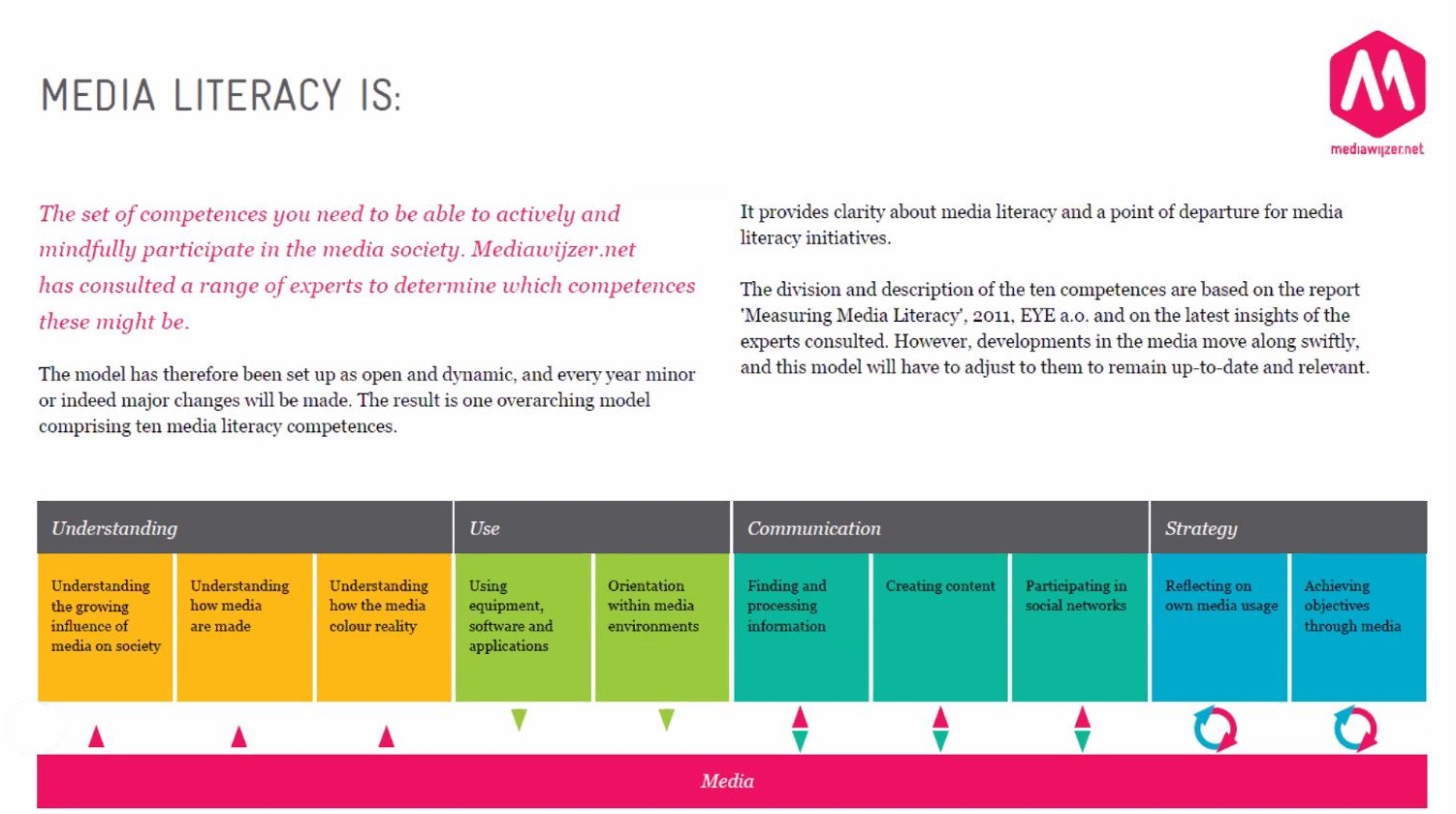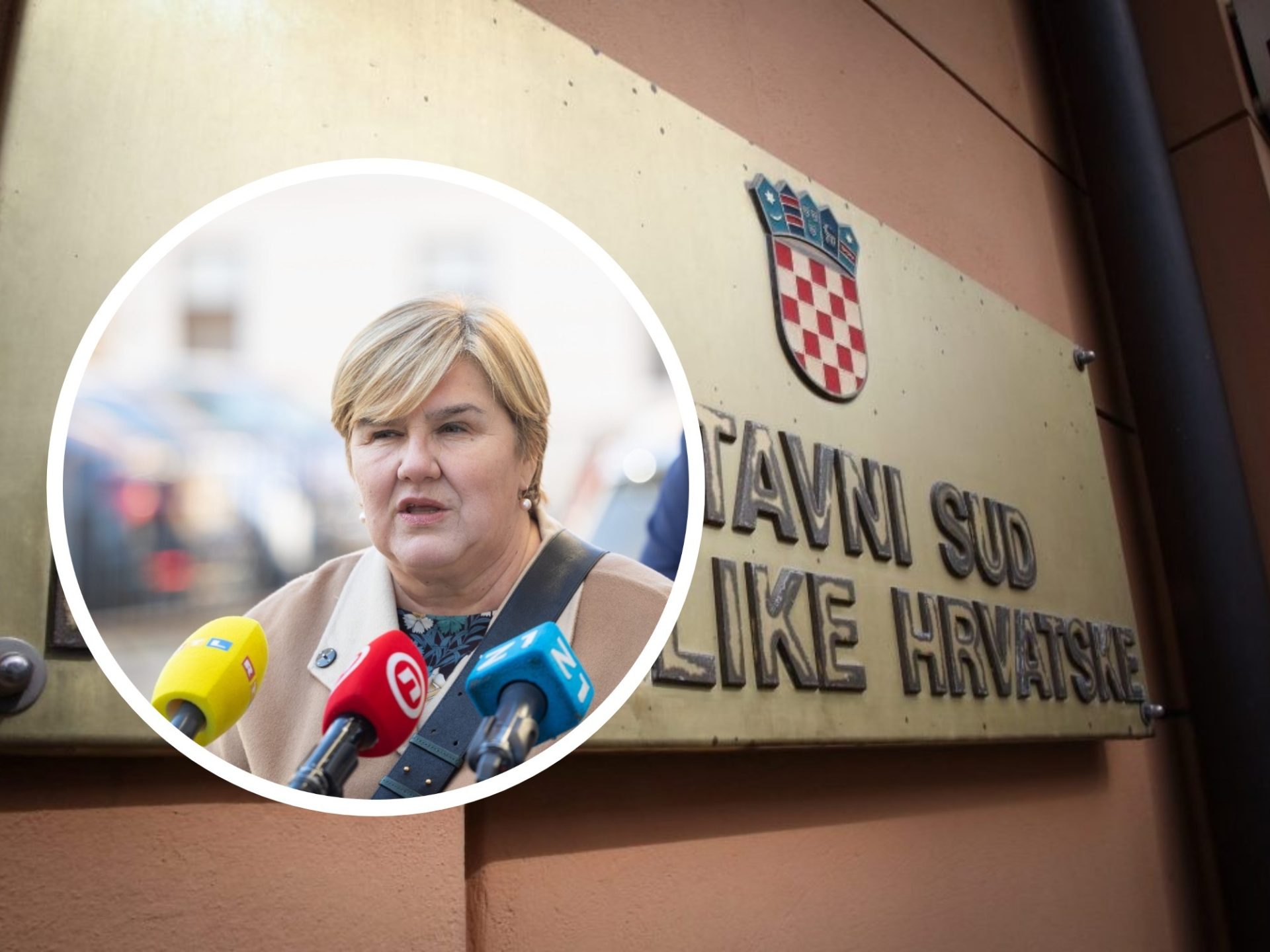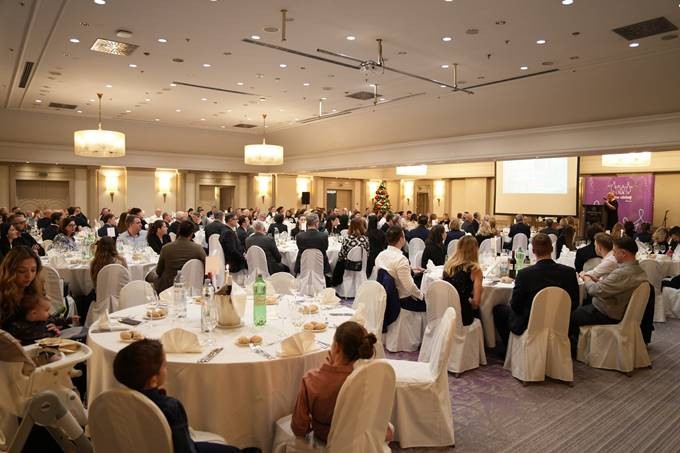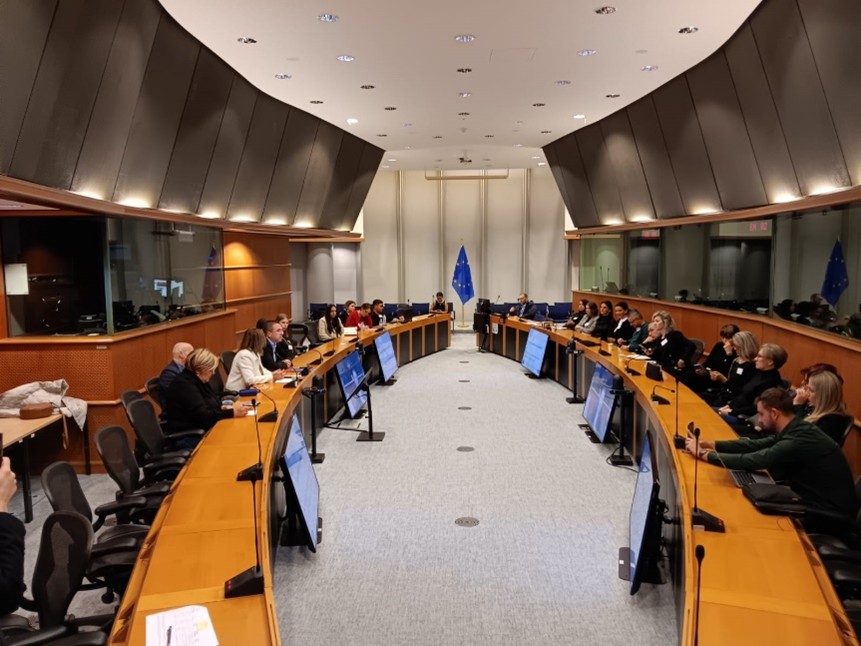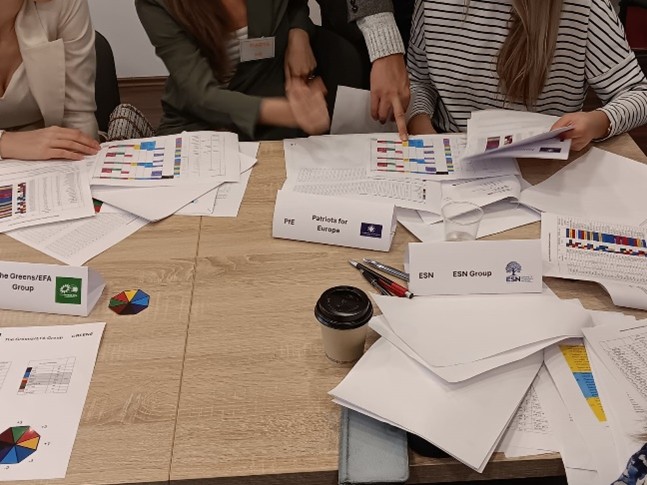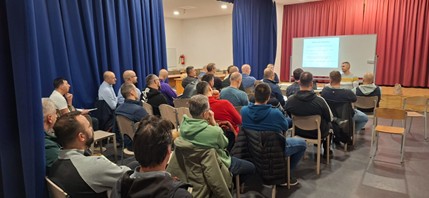In the Name of the Family organized a “Media Literacy Hackathon” on June 11 and 12, 2025, on current topics related to media literacy, digital media and tools, as part of the 4th event of the DECIDE Project, which was attended by participants from the project’s partner countries: Croatia, Lithuania and Austria.
Lectures at the two-day online mutual learning event were delivered by competent experts: Igor Kanižaj, Full Professor: “Why is media literacy important?”, Vlatka Polšak Palatinuš, journalist and editor of the Narod.hr portal: “Disinformation and Fact-Checking: Between Truth and Control“, Luka Šikić, Assistant Professor: “The Cutting Edge of AI in Fact-Checking”, andBoris Havel, Associate Professor: “Case Study – Israel and the Hamas: Is the Mainstream Media a Side in the War?“.
In the introductory lecture, the participants of the Hackathon were introduced to the definition of media literacy, the basic terms and phenomena related to media literacy, and the challenges associated with information in a digital environment.
The importance of media education was emphasized and statistics were presented using the example of Croatia: 72,4% of parents would enroll their children in the elective subject on media education (EU KIDS ONLINE, 2017), and 20% of adults in Croatia had the opportunity to learn about the media and develop the skills needed to analyze and critically evaluate media content and news in general (IPSOS omnibus 2022).
Participants were introduced to the roles of the news media, the impact of internet and social media on news distribution, challenges of AI, Tik-tok and similar platforms, the importance of acquiring personal and social competencies and skills, new challenges for critical evaluation, and the main media literacy stakeholders across 28 EU countries. The participants were given an explanation, supported by examples, of what misinformation and disinformation is, the goals of misinformation, and their harmful and manipulative effects. Also emphasized were the importance of their recognition, the possibility of their disclosure, and the most common types of the media and platforms on which they appear.
The second day of the event was dedicated to the role and importance of AI and Machine Learning in tackling disinformation, about which participants in most cases do not have prior or sufficient knowledge: Automated Disinformation Detection, Feature-Based Disinformation Detection, AI-Supported Fact-Checking, Practical AI Tools for Journalists, with an emphasis on the need for AI to complement, not replace, human journalists, and on the fact that continued collaboration is essential for robust journalism. It was explained who the fact-checkers are, what their role is and why certain controversies and polemics are associated with them. Specific tools for identifying misinformation were presented. A Case Study was presented on informing about current war events, which raised the issue of sources of information, their reliability, and of the influence and goals of media reporting.
In the interaction with the participants, the best methods and available digital tools were discussed, as well as their shortcomings and the direction in which they should be developed. The issues highlighted also included the importance of educating and empowering each individual in media literacy, along with other actors, as well as their active role in the use of available tools in recognizing and preventing the spread of misinformation and disinformation. It was emphasized that it is important to find the source, and then find the source of the source, that documents, spreadsheets and statistics are very useful and should be given sufficient attention and time to be able to reach the truth and achieve the most comprehensive approach possible – i.e. that it is not good to jump to conclusions too quickly.
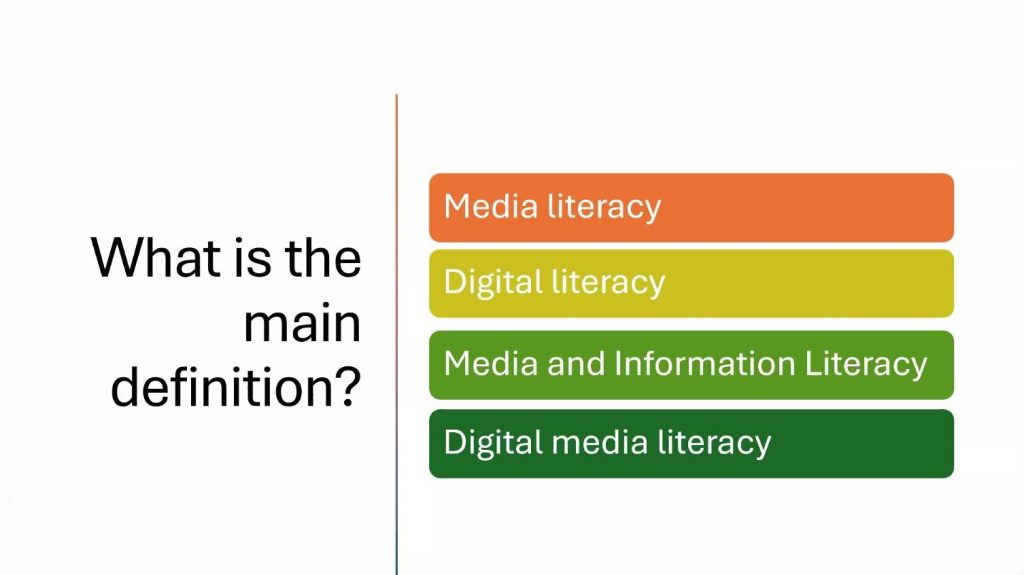
U ime obitelji održala online ”Media Literacy Hackathon”
U ime obitelji je 11. i 12. lipnja 2025. organizirala “Media Literacy Hackathon” o aktualnim temama vezanim za medijsku pismenost, digitalne medije i alate, u sklopu 4. događaja Projekta DECIDE, kojem su nazočili sudionici iz partnerskih zemalja u projektu: Hrvatske, Litve i Austrije.
Predavanja na dvodnevnom online događaju uzajamnog učenja (mutual learning) su održali kompetentni stručnjaci: prof.dr.sc. Igor Kanižaj: “Why is media literacy important?”, Vlatka Polšak Palatinuš, novinarka I urednica portala Narod.hr: „Disinformation and Fact-Checking: Between Truth and Control“, doc.Luka Šikić: “The Cutting Edge of AI in Fact Checking” i izv. prof. dr. sc. Boris Havel: “Case Study – Israel and the Hamas: Is the Mainstream Media a Side in the War?“.
Sudionici hackathona u uvodnom su se predavanju upoznali s time što je medijska pismenost, osnovnim pojmovima i pojavama povezanim s medijskom pismenošću i izazovima koji se vežu uz informiranje u digitalnom okruženju.
Naglasila se važnosti medijske edukacije te je prezentirana statistika na primjeru Hrvatske: 72,4 % roditelja bi upisalo svoju djecu na izborni predmet medijski odgoj (EU KIDS ONLINE, 2017) i 20 % odraslih u Hrvatskoj imalo je priliku učiti o medijima i razvijati vještine potrebne za analizu i kritičku procjenu medijskog sadržaja i vijesti općenito (IPSOS omnibus 2022).
Sudionici su se upoznali s ulogama informativnih medija, utjecaja interneta i društvenih medija na distribuciju vijesti, izazovima umjetne inteligencije, Tik-toka i sličnih platformi,, važnosti stjecanja osobnih i socijalnih kompetencija i vještina, novim izazovima za kritičko vrednovanje i glavne dionike medijske pismenosti u 28 zemalja EU-a. Objašnjeno je, te potkrijepljeno primjerima, što su misinformacije i dezinformacije, ciljevi dezinformacija, njihovi štetni i manipulativni učinci. Naglasili su se važnost njihova prepoznavanja, mogućnosti njihova razotkrivanja i najčešće vrste medija i platformi na kojima se pojavljuju.
Drugi dan događaja bio je posvećen ulozi i važnosti umjetne inteligencije i strojnog učenja u borbi protiv dezinformacija, o kojima sudionici u većini slučajeva nemaju prethodna ili dovoljna znanja: Automatizirano otkrivanje dezinformacija, otkrivanje dezinformacija temeljeno na značajkama, provjera činjenica podržana umjetnom inteligencijom, praktični alati umjetne inteligencije za novinare, uz naglasak da umjetna inteligencija nadopunjuje, a ne zamjenjuje novinare te da je kontinuirana suradnja ključna za snažno novinarstvo.Objašnjeno je tko su fact-checkeri i njihova uloga, te zašto se uz njih povezuju određeni prijepori i polemike. Prezentirani su konkretni alati u prepoznavanju dezinformacija.Predstavljen je Case Study o informiranju o aktualnim ratnim zbivanjima, koji je otvorio pitanje izvora informacija, njihove pouzdanosti, utjecaja i ciljeva medijskog izvještavanja.
U interakciji sa sudionicima, raspravljalo se o najboljim metodama i raspoloživim digitalnim alatima, ali i njihovim nedostacima i smjera u kojem bi se trebali razvijati, naglasila se važnost edukacije i osnaživanja svakog pojedinca u medijskoj pismenosti, uz ostale aktere, njegova aktivna uloga, u korištenju raspoloživih alata u prepoznavanju i sprječavanju širenja misinformacija i dezinformacija. Naglašeno je da je važno pronaći izvor, a zatim pronaći izvor izvora, da su dokumenti, proračunske tablice, statistike vrlo korisni i treba im se posveti pažnja i vrijeme u dopiranju do istine, te ostvariti što je moguće sveobuhvatniji pristup – nije dobro prebrzo donositi zaključke.
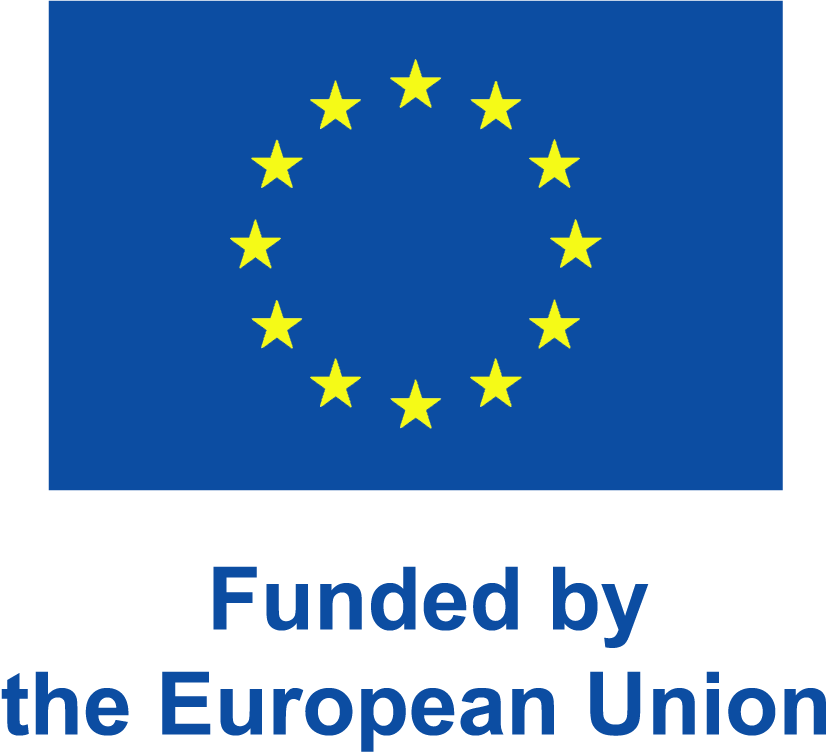
Funded by the European Union. Views and opinions expressed are however those of the author(s) only and do not necessarily reflect those of the European Union or European Education and Culture Executive Agency (EACEA). Neither the European Union nor the granting authority can be held responsible for them.
